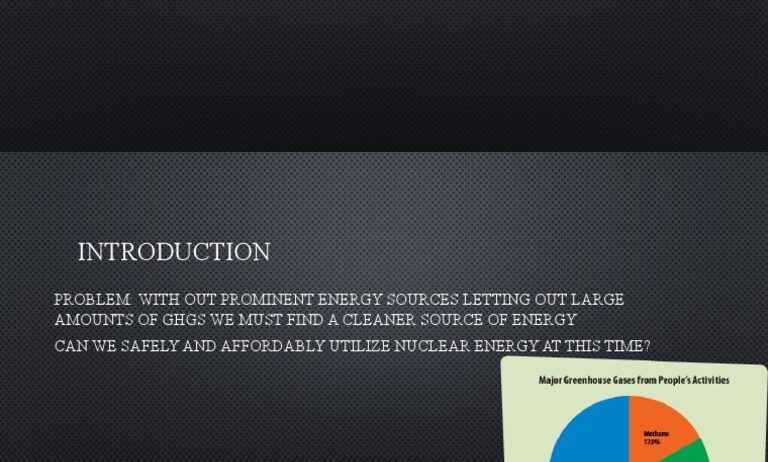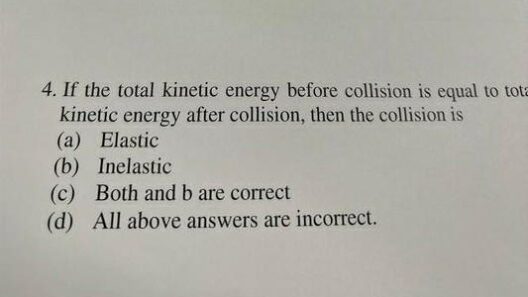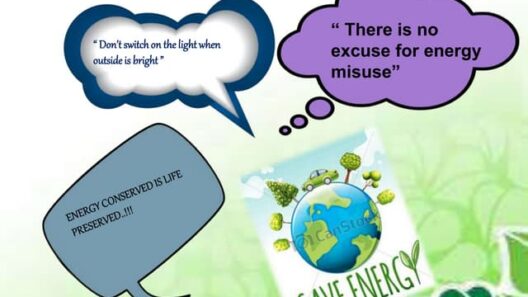When contemplating the political dimensions of energy sources, the question often arises: is nuclear energy a liberal or conservative concept? The dichotomy between liberal and conservative ideologies can influence perspectives on energy, environmental policy, and technological advancement. This query invites us to explore the nuances of political alignment as it relates to nuclear energy, a potent source of power that elicits strong opinions from both sides of the political spectrum.
At its core, nuclear energy presents a paradox. On one hand, it is hailed as a solution to climate change, a critical issue often championed by liberal advocates for environmental protection and sustainability. Nuclear power plants generate electricity with a significantly lower carbon footprint compared to fossil fuels, thus contributing to a reduction in greenhouse gas emissions. This alignment with climate goals suggests a liberal affinity for nuclear energy as a clean and efficient alternative.
Conversely, conservatives may view nuclear energy through a different lens. There is an emphasis on energy independence and national security that often aligns with conservative ideology. The ability to generate substantial amounts of energy domestically through nuclear means can be categorized as a pathway toward reducing reliance on foreign oil, thereby promoting a self-sufficient energy policy. This critical view presents nuclear energy as a conservative concept, driven by economic growth and stability.
The historical context further complicates this dichotomy. In the mid-20th century, the advent of nuclear technology was met with bipartisan enthusiasm. The post-World War II era marked a fascination with nuclear power as a symbol of progress. Both political factions lauded the potential of nuclear energy to propel the nation into a new age of prosperity. However, the Three Mile Island incident in the late 1970s marked a turning point. This event ignited a wave of public fear regarding the safety of nuclear energy, leading to a surge in opposition that drew primarily from liberal circles focused on environmental risks and community safety.
Despite these historical turns, it is imperative to consider the current attitudes surrounding nuclear energy. Many environmentalist groups that traditionally lean to the left have begun to reassess their positions. This change is catalyzed by advancements in technology, such as small modular reactors and enhanced safety protocols, which mitigate the earlier concerns associated with nuclear energy production. The progressive narrative now increasingly recognizes nuclear energy as a viable component of a sustainable energy portfolio, blurring the lines of strict political categorization.
In stark contrast, conservative viewpoints often fixate on the economic implications inherent in nuclear power. The construction and maintenance of nuclear plants require substantial financial investment and regulatory frameworks that some conservatives may criticize as government overreach. The balance between regulatory control and free-market principles raises contentious debates, particularly concerning subsidies and government support for renewable energies versus nuclear initiatives. Do conservatives perceive the necessary governmental oversight of nuclear energy as a liberal encroachment, or do they recognize it as a pragmatic step towards energy reliability?
Furthermore, an exploration into local versus national energies introduces another layer to this discourse. Local communities often express resistance to nuclear facilities due to the perceived risks and potential health impacts. This grassroots opposition faces off against proponents who argue that local acceptance should not overshadow the broader national and environmental benefits of nuclear energy. In many cases, the communities resisting nuclear energy often align with liberal environmental advocacy groups, citing concerns regarding environmental justice and equity. This complexity again illustrates how nuclear energy might be framed differently depending on the socio-political context.
A salient aspect of the nuclear energy conversation revolves around the stigma associated with the term “nuclear.” It evokes images of radiation and disaster—traumas deeply ingrained in public consciousness resulting from historical nuclear accidents. This stigma often translates to immediate opposition, predominantly from left-leaning constituents, who remain wary of the potential hazards. Conservatives, however, may approach this discourse with a mindset toward innovation and technological resilience. The question remains: can a right-leaning approach to nuclear energy reshape public perception and catalyze acceptance amidst fear?
Additionally, the financial dynamics of nuclear energy provoke discussion about its future viability. Nuclear power is often criticized for its high upfront costs and protracted construction timelines. Conversely, economists argue that the long-term savings associated with nuclear energy—combined with its ability to function as a base-load energy source—outweigh initial expenditures. The juxtaposition of short-term economic critiques against long-term sustainability strategies brings into focus the need for a united narrative that transcends traditional liberal or conservative boundaries.
In conclusion, labeling nuclear energy strictly as a liberal or conservative concept simplifies a multifaceted issue. The interplay between environmental responsibility, economic independence, safety concerns, and public perception complicates the discussion. As the energy landscape continues to evolve, stakeholders from all political affiliations must grapple with the strategic implications of nuclear energy. Ultimately, the challenge lies in fostering a dialogue that promotes the merits of nuclear energy as an integral component of a balanced and sustainable future, bridging partisan divides rather than deepening them. The energy transition requires more than ideological alignment; it necessitates collaborative efforts to advance environmental objectives while ensuring economic stability.








